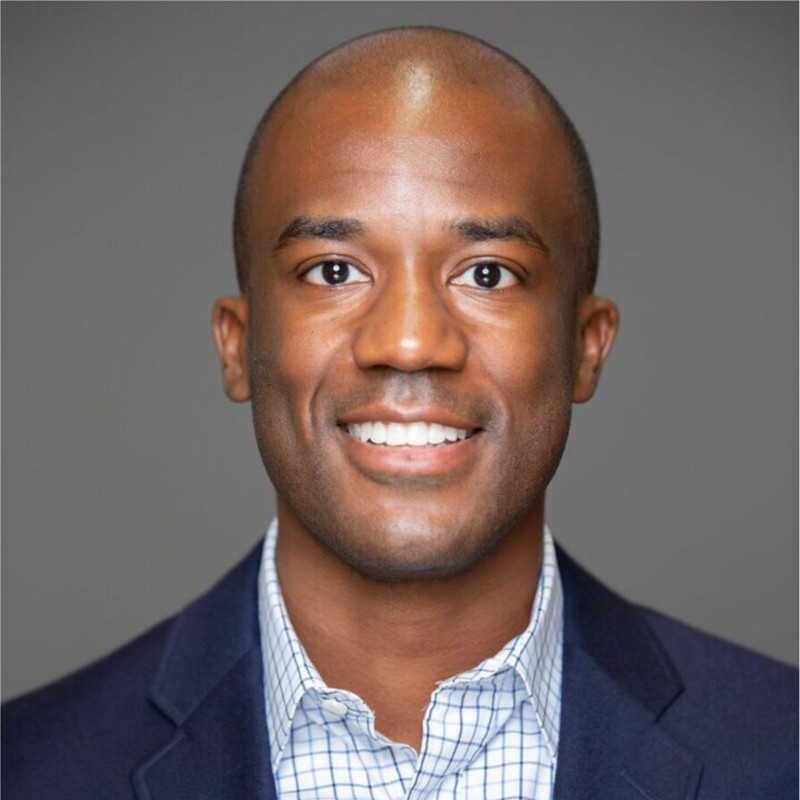Jane Jacobs's Email & Phone Number
American-Canadian journalist and author
Jane Jacobs's Email Addresses
Find personal and work emails for over 300M professionals
Not the Jane Jacobs you were looking for? Continue your search below:About Jane Jacobs
📖 Summary
Jane Jacobs was an influential American-Canadian journalist and author known for her groundbreaking work in urban studies and city planning. Born in Scranton, Pennsylvania in 1916, Jacobs moved to New York City in 1934 where she would later shape her career and leave a lasting impact on the field of urban planning. She is best known for her critique of urban renewal and her advocacy for community-based approaches to city planning, which challenged prevailing ideas about city development in the mid-20th century.
After moving to New York, Jacobs began her career as a journalist, writing for various publications including the Iron Age, a publication focused on the trade industry. It was during her time in New York that she developed a keen interest in urban issues and began to study city planning. She became involved in various community organizations and eventually became the associate editor at Architectural Forum, where she had the opportunity to immerse herself in the world of urban planning and architecture.
In 1961, Jacobs published her most influential work, "The Death and Life of Great American Cities," which challenged the prevailing ideas about city planning at the time. In this seminal work, Jacobs argued that the modernist approach to urban renewal, which involved demolishing older neighborhoods and replacing them with high-rise developments, was harmful to the social fabric of cities. She advocated for mixed-use neighborhoods, small blocks, and a variety of building types as essential elements for vibrant and sustainable urban communities.
Jacobs' work had a significant impact on city planning and urban development, and she became a prominent figure in the field. Her ideas paved the way for the "new urbanism" movement, which emphasized pedestrian-friendly neighborhoods, mixed-income housing, and the preservation of historic buildings. She continued to write and speak about urban issues, becoming a leading voice in the critique of top-down, bureaucratic approaches to city planning. In 1968, she moved to Toronto, Canada, where she remained active in urban activism and writing.
Throughout her career, Jacobs was a vocal advocate for local, grassroots efforts to shape the urban environment. She believed that cities should be built for people, not for cars or bureaucracy, and she consistently championed the importance of vibrant, diverse neighborhoods. Her work emphasized the need for organic, community-driven approaches to city planning and development, and she encouraged citizens to take an active role in shaping their own communities.
In addition to her work in urban studies, Jacobs also made significant contributions to other fields, including economics and sociology. She published several other influential books, including "The Economy of Cities" and "Cities and the Wealth of Nations," which explored the role of cities in driving economic growth and innovation. Her interdisciplinary approach to understanding urban issues and her ability to communicate complex ideas to a broad audience made her work widely influential and continues to shape the way we think about cities today.
Jane Jacobs' impact on the field of urban studies and city planning cannot be understated. Her ideas challenged conventional wisdom and paved the way for new approaches to city development that prioritize the needs and experiences of residents. Her work continues to inspire urban planners, activists, and citizens to advocate for more humane, community-centered cities. Despite her passing in 2006, her legacy lives on through her writings and the countless urban neighborhoods that have been shaped by her ideas.
Frequently Asked Questions about Jane Jacobs
What was Jane Jacobs famous for?
Jane Jacobs (1916-2006) was an urbanist and activist whose writings championed a fresh, community-based approach to city building. She had no formal training as a planner, and yet her 1961 treatise, The Death and Life of Great American Cities, introduced ground-breaking ideas about how cities function, evolve and fail.
What was Jane Jacobs fighting against?
She opposed the kind of city planning that involves big development and urban renewal projects that tear down old communities. She was also a critic of public planning officials who were unwilling to compromise. Jacobs helped lead fights to save neighborhoods and local communities within cities.Oct 17, 2022
What were the theories of Jane Jacobs?
She believed that a city was like an ecosystem that depended on a mix-of uses and planning based on community. This fundamental belief made her a tough critic of slum cleaning and high-rise housing, both practices that were becoming popular in New York in the 1950s.
Who were Robert Moses and Jane Jacobs?
But one can just as easily present them in the opposite light: Moses, the builder of public housing, pools, and parks, who partnered with labor leaders like Abraham Kazan to build up the city's social housing stock; Jacobs, the champion of small-scale capitalist enterprise and critic of big government who garnered the ...Jul 21, 2023
Jane Jacobs's Email Addresses
People you may be
interested in
Television presenter
TV writer
Musical artist
American singer
Canadian actor
American basketball point guard
Italian comedian and TV personality
American actress
TV personality
English internet personality
American author
Actress and singer






